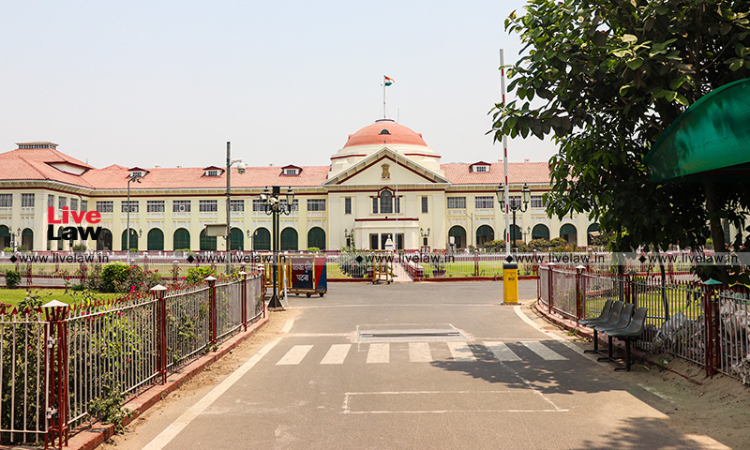When Liability Admitted, Arbitration Clause Is Not A Bar To Entertain Writ Petition: Patna High Court
ausaf ayyub
16 Aug 2022 10:00 PM IST

Next Story
16 Aug 2022 10:00 PM IST
The High Court of Patna has held that arbitration clause is not a bar to the maintainability of a writ petition when the liability to pay is not disputed by the respondent. The Division Bench of Justice Chakradhari Sharan Singh and Justice Madhresh Prasad held that once the liability to pay is admitted by the respondent, there remains no dispute that can be referred to...
